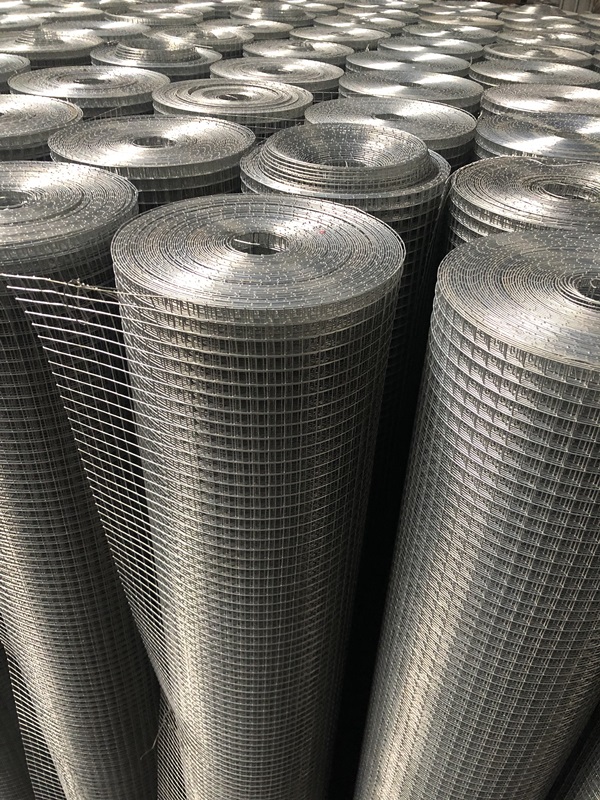Nov . 19, 2024 16:42 Back to list
Chain Link Fence Pricing and Options for Your Project Needs
Understanding Fabric Chain Link Fence Prices A Comprehensive Guide
When it comes to securing properties, fabric chain link fences are a popular choice for both residential and commercial applications. They offer durability, visibility, and cost-effectiveness, making them an appealing option for many. However, the cost of installation and materials can vary significantly based on several factors. In this article, we will explore what influences the price of fabric chain link fences, so you can make an informed decision for your fencing project.
Material Costs
The primary component of a fabric chain link fence is the fabric itself, which is typically made from galvanized steel or vinyl-coated wire. The gauge of the wire plays a crucial role in determining the fence's price, with heavier gauges costing more due to their increased strength and durability. A common choice for residential applications is 11-gauge wire, while commercial properties might opt for 9-gauge or even 6-gauge for enhanced security.
Aside from the wire, other materials include the posts, top rails, and fittings. The cost of these materials can vary based on the height of the fence and the thickness of the posts used. Generally, taller fences with heavier posts will be priced higher due to the increased material costs.
Height and Length of the Fence
Another significant factor influencing the price of fabric chain link fences is the height and length of the fence required
. Standard heights range from 3 to 12 feet, with taller fences generally costing more. Longer perimeters will also increase the overall cost, as it requires more materials and labor for installation.Installation Costs
While some property owners may choose to install their fences themselves to save money, hiring professionals can ensure that the job is done correctly and efficiently. Labor costs can vary based on geographical location and the complexity of the installation. Some factors that may affect labor costs include terrain difficulties, accessibility, and the need for permits. It is always advisable to obtain multiple quotes from different contractors to find the best price and service.
fabric chain link fence pricelist

Additional Features
To enhance the functionality or aesthetics of your chain link fence, you might consider adding additional features such as gates, privacy slats, or barbed wire. Each of these additions can significantly increase the overall price. For instance, a single gate can add anywhere from $100 to $400 to the total cost, depending on its size and materials.
Local Regulations and Permits
Before beginning any fencing project, it's essential to check local regulations and zoning laws. Some municipalities may require permits for fence installation, which can add to the overall cost if not factored in from the start. Additionally, some areas have specific height restrictions or materials that can be used, which may limit options and influence the pricing.
Price Range
So, what can you expect regarding the cost of fabric chain link fences? On average, homeowners can expect to pay between $10 to $20 per linear foot for materials alone. When you factor in installation, the total price can range from $15 to $30 per linear foot, depending on various influencing factors.
Conclusion
Understanding the factors that affect the price of fabric chain link fences can help you make informed decisions and budget for your project effectively. By considering material choices, fence dimensions, installation costs, and any additional features or local regulations, you can gain a clearer picture of what to expect in terms of pricing. Whether you are securing your garden, creating a dog run, or enclosing a business, fabric chain link fences provide a versatile and cost-effective solution that can cater to your specific needs.
-
Temporary Fencing Solutions-Hop Dipped Galvanized / PVC Coated Fences|Anping County Xingzhi Metal Wiremesh Products Co.,Ltd
NewsAug.07,2025
-
Hot-dip Galvanized Flat Wrap Razor Wire: High-Security & Durable
NewsAug.07,2025
-
Temporary Fencing Solutions-Anping County Xingzhi Metal Wiremesh Products Co., Ltd.|Welded Wire Mesh&Chain Link Mesh
NewsAug.06,2025
-
Hop Dipped Galvanized / PVC Coated Temporary Fence - Anping County Xingzhi Metal Wiremesh Products Co., Ltd | Durable, Corrosion-Resistant, Easy Installation
NewsAug.06,2025
-
Hop Dipped Galvanized / PVC Coated Temporary Fence - Anping County Xingzhi Metal Wiremesh Products Co., Ltd
NewsAug.06,2025
-
Hop Dipped Galvanized PVC Temporary Fence-Anping Xingzhi|Modular Corrosion
NewsAug.06,2025



